
The Importance of Air Quality During Hurricane Season
Hurricanes can cause significant damage to properties and communities. However, one aspect often overlooked is how these natural disasters impact the air quality inside your home. Mold, mildew, and water damage can negatively affect indoor air quality, posing a risk to your health. At ETA Mold in Florida, we specialize in safeguarding your home against these issues. This blog post outlines 10 crucial steps to ensure your home’s air quality remains optimal during the hurricane season.
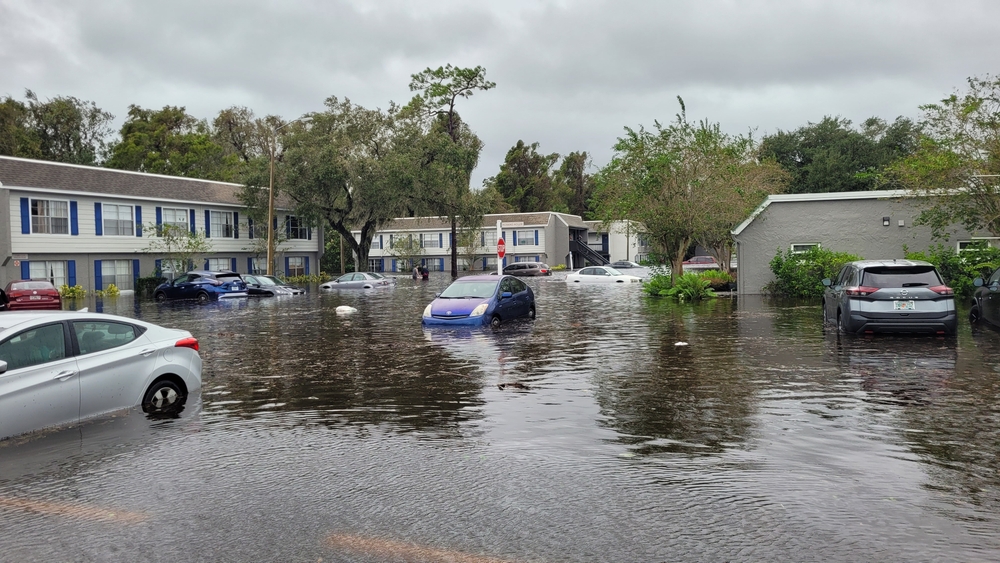
-
Assess Your Home for Pre-Existing Air Quality Issues
Before you take measures to protect against hurricane-related air quality issues, it’s essential to understand any pre-existing problems your home may have.
- Test for mold and mildew
- Check the humidity levels
- Ensure proper ventilation
Official guidelines from the EPA can provide more insight into air quality assessment methods.
-
Stock Up on Air Purifiers and Dehumidifiers
Air purifiers can be incredibly effective at maintaining good air quality. Similarly, dehumidifiers help by removing excess moisture from the air. Invest in quality devices before hurricane season begins.
- Look for air purifiers with HEPA filters
- Choose a dehumidifier that can cover the entire area of your home
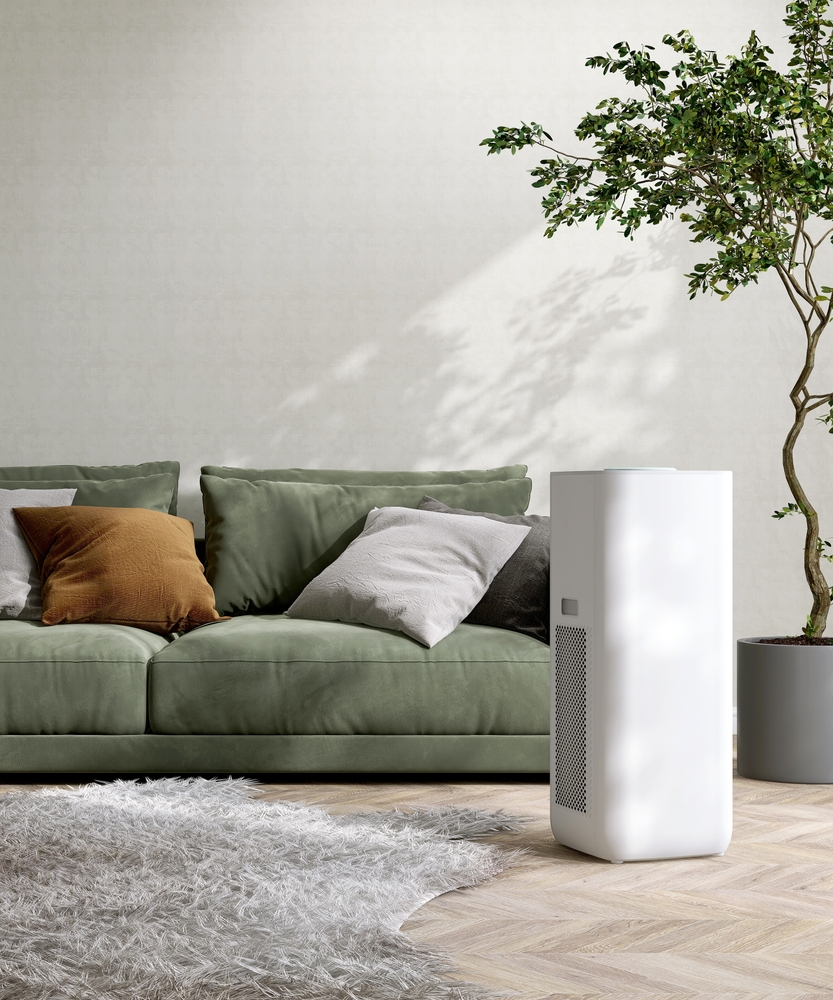
-
Seal Your Home to Prevent Air Quality Issues
Ensuring all cracks, gaps, and leaks in your home are sealed will help maintain indoor air quality during a storm.
- Use weatherstripping around doors and windows
- Caulk gaps and cracks in walls and ceilings
-
Ensure Proper Ventilation for Maintaining Air Quality
Good ventilation is crucial for maintaining indoor air quality. Ensure your home’s HVAC system is in good condition and air can circulate freely.
- Clean air ducts and vents
- Use exhaust fans in kitchens and bathrooms
Read more about home ventilation from the CDC.
-
Choose Natural Cleaning Products
The chemicals in cleaning products can worsen air quality. Opt for natural alternatives whenever possible.
- Use vinegar for cleaning surfaces
- Baking soda works well as an abrasive cleaner
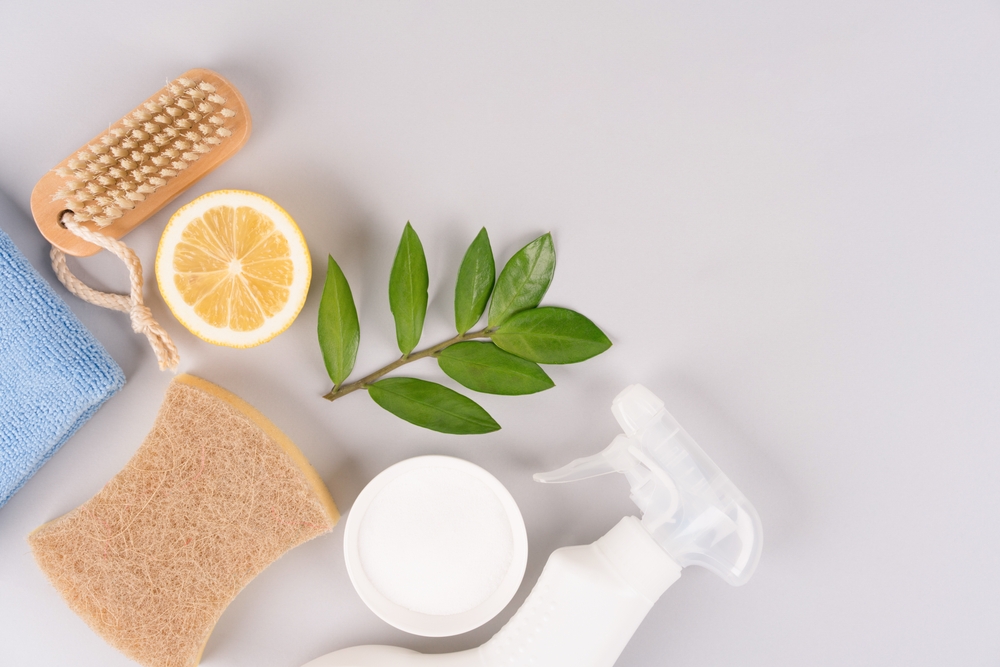
-
Create an Emergency Air Quality Kit
This kit should contain essentials like masks, portable air purifiers, and batteries. Make sure to keep it readily accessible.
- N95 Masks
- Portable air purifiers
- Spare batteries
-
Safe Storage of Chemicals and Paints
Store all chemicals, including paints, in a well-ventilated area far from your living spaces. Improper storage can impact air quality.
- Use airtight containers
- Store in a detached shed or well-ventilated area
-
Monitor Air Quality Levels During the Storm
Make use of air quality monitors to ensure that your efforts are effective. Some advanced monitors can even be linked to your smartphone.
- Look for monitors that measure particulates, VOCs, and humidity levels
You can refer to IQAir for real-time air quality indexes.
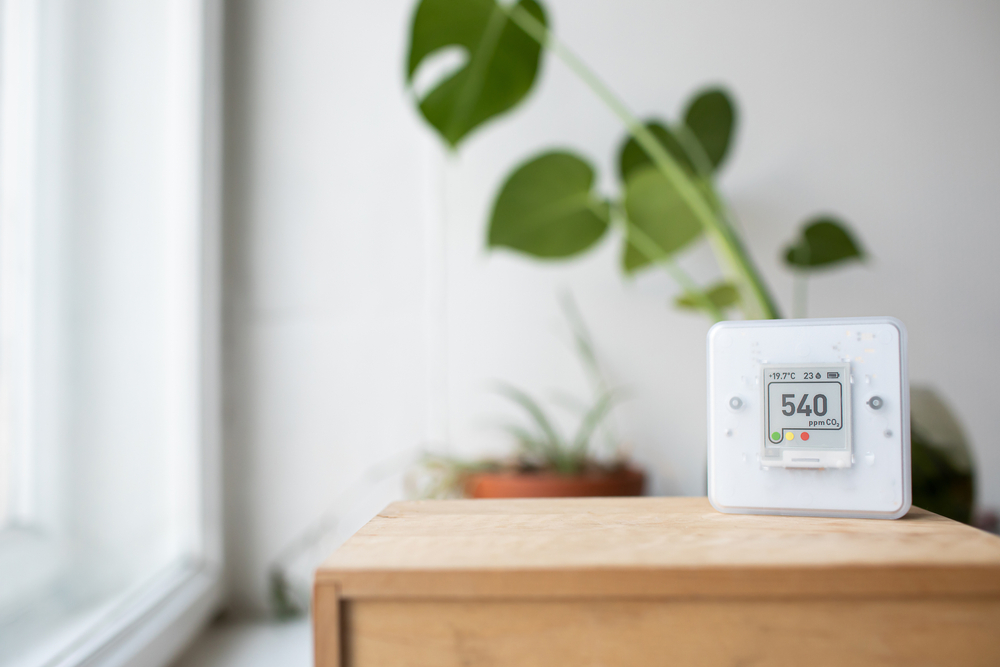
-
Take Immediate Action Post-Hurricane to Restore Air Quality
After the storm, quickly assess any water damage or areas of the home that may contribute to poor air quality.
- Use industrial fans to dry out wet areas
- Consider professional mold remediation if needed
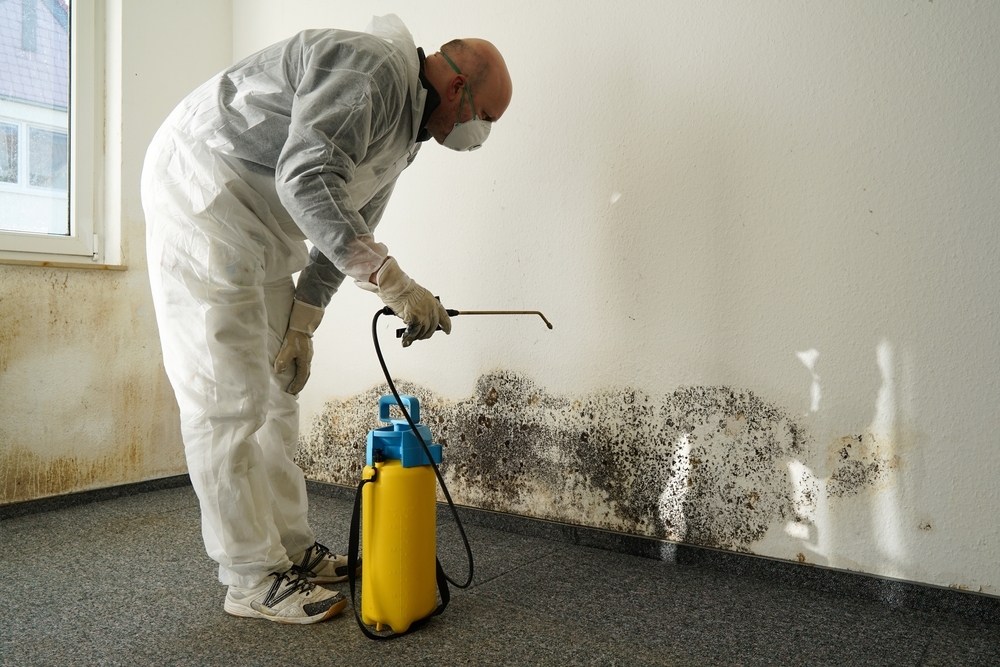
-
Schedule a Professional Air Quality Inspection
A post-storm professional inspection will give you a comprehensive understanding of your home’s air quality. If you’re in Florida, consider ETA Mold for your inspection needs.
- Comprehensive air quality tests
- Suggestions for improvement
Air Quality is a Year-Round Commitment
In conclusion, ensuring your home’s air quality during hurricane season doesn’t just protect your home—it protects your health. These 10 steps are essential for anyone looking to maintain a healthy living environment during these challenging times. Stay prepared, and remember that air quality is a year-round commitment.
For more information on air quality solutions, don’t hesitate to contact us at ETA Mold. We’re here to ensure your home remains a sanctuary, regardless of the weather.

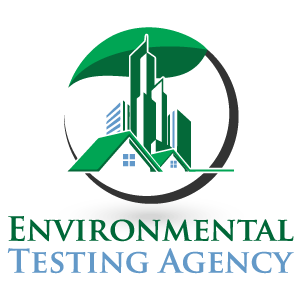

Thank you for the tips!
Another suggestion I’d like to make is to consider using HEPA filters for your home’s air conditioner. However, it’s important to be selective when choosing one for your system. The effectiveness of HEPA filters is measured by their MERV rating. While high-rated filters are more efficient at capturing small particles, they can also restrict airflow and cause your system to work harder, resulting in higher energy consumption.
For most homes, HEPA filters with a MERV rating between 6 and 13 should work fine.
Thanks for such a detailed and great suggestion!
Best wishes,
ETA Mold Team